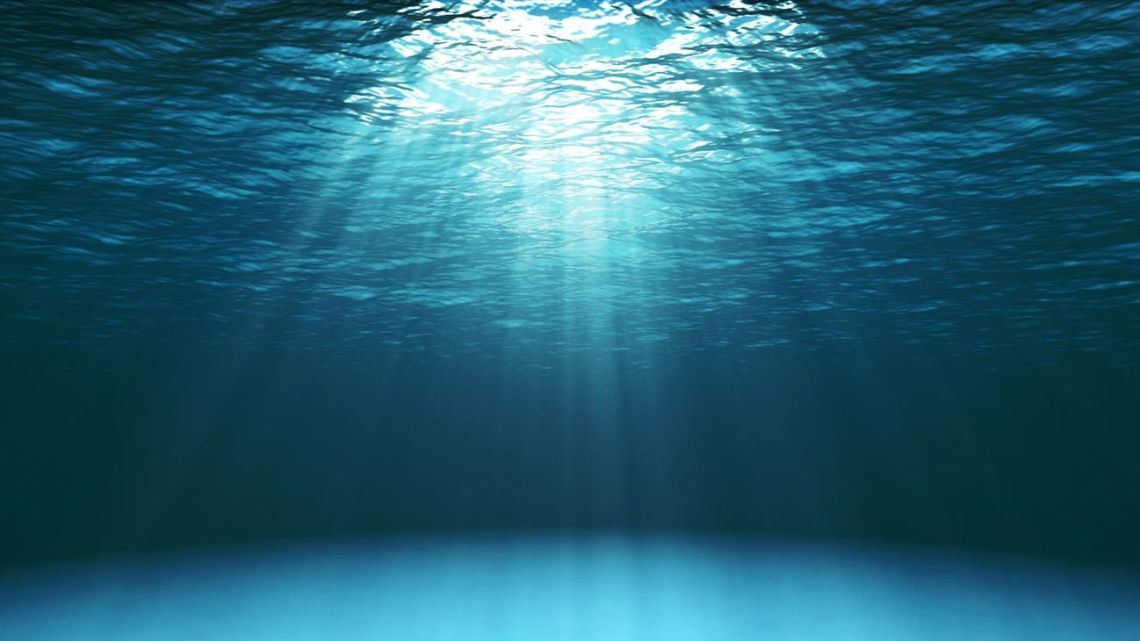This year the motto chosen by the United Nations Organization for the June 8, World Ocean Dayis: “Planet Ocean: The tides are turning.”
Since ancient times we call our planet Earth. We are a species that evolved to live on firm ground and not in the water, since we do not have gills and we are not natural divers like marine mammals.
Today we know that more than 70% of the surface of our common home is ocean, a great water conveyor belt distributes heat around the globe, our planet, which we could also call Ocean.
The ocean is the main provider of oxygen for life, the main source of protein for an important fraction of the world‘s population, as well as a historical space for transport and communication between continents and cultures.
Likewise, it is the main source of water for the formation of clouds, which later irrigate the land with rain. After feeding at sea, seabirds bring phosphorus to land, one of the main chemical elements in life cycles, essential for DNA, among other biomolecules.
Oceans, latent danger: scientists predict a devastating outlook for the world
Overfishing, climate change and pollution are the most relevant scourges currently facing the ocean and its seas. They are phenomena that cause various consequences, such as resource depletion, loss of biodiversity, or melting glaciersamong other events.
They are caused directly or indirectly by our species through illegal, unreported and unregulated fishing, as well as the burning of fossil fuels and ineffective waste management, in collusion with excessive consumption that generates disproportionate amounts of waste.
But the tides are turning. The Conference on Biological Diversity (COP15)a summit held in Montreal last December, achieved the commitment to reach 30% of protected areas with respect to the planetary surface, both terrestrial and maritime, by the year 2030.
The provinces of Buenos Aires and Entre Ríos, under water in the year 2100
The unprecedented ecological ambition project also includes goals to reduce the extinction of threatened species by 2050. For its implementation, it is intended to reach an annual budget of 200 billion euros from public and private sources.
Since 2017 the University of Belgrano, through its Biology career, together with Belgian NGOs The world of the sea y Land to be cared for, annually celebrates academic conferences open to the public in the week of June 8. They have special guests, who share their knowledge and experiences, and converse with an audience interested in deepening their knowledge about the ocean and its marine world.
These academic events raise awareness about our place in the universe, striving to give the ocean, largest ecosystem on the planetthe place it deserves. Of scientific interest, these academic conferences have had the support of the Association of Biology Professionals of the City of Buenos Aires since their inception.
And this year we will have the special visit of the Dra. Stella Williams, Vice President of Mundus Maris and prestigious academic from Nigeria, who has received important international recognition. After giving lectures at universities in the United States, she will visit us in Argentina, to be the protagonist this year.
Ocean planet is one. And taking care of the ocean is a moral urgency to protect humanity and the entire planet.
*Titular Professor of the subject Marine Resources of the Degree in Biological Sciences of the University of Belgrano
You may also like
